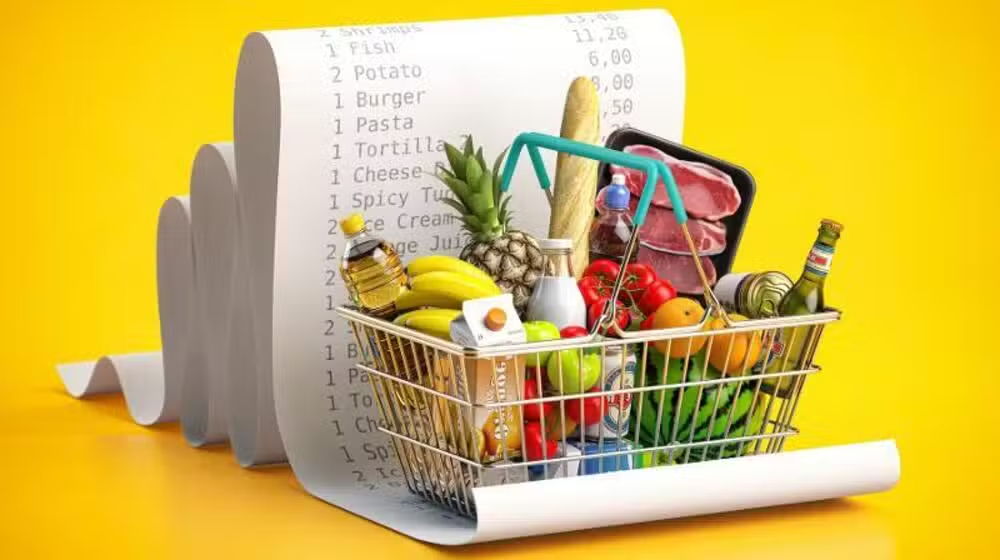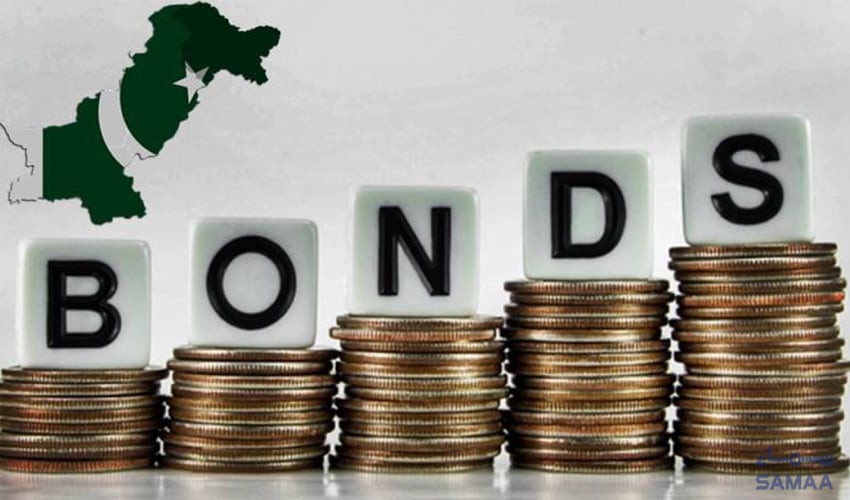In the 2025–26 federal budget, the government has introduced revised import measures that will raise the cost of various consumer goods, including pet food, chocolates, coffee, and cereal bars. This initiative is part of a broader fiscal strategy aimed at curbing the trade deficit and promoting domestic alternatives.
Imported Goods Targeted
The updated budget outlines changes affecting several retail-packaged imported items under specific HS (Harmonized System) codes, indicating the imposition of additional tariffs, regulatory requirements, or import restrictions. These include:
-
Pet Food (Retail Packaged): Primarily dog and cat food under HS code 2309.1000.
-
Coffee (Retail Packaged): Includes various forms of coffee, both processed and raw, under codes 0901.1100 to 2101.1120.
-
Chocolates (Retail Packaged): Includes a wide range of chocolate types under HS codes such as 1704.9010, 1806.2090, and 1806.3200.
-
Cereal Bars (Retail Packaged): Breakfast and snack bars listed under HS codes 1904.1010 through 1904.9000.
READ MORE:
7 Pakistani Cities Among World’s Top 15 Hottest
Rationale Behind the Policy
Government officials state that the policy is aimed at reducing the import bill by discouraging the consumption of non-essential and luxury foreign items. With foreign exchange reserves under pressure, curbing reliance on imported consumer products is seen as a necessary move toward economic stabilization.
Consumer and Market Impact
The changes will likely lead to higher costs for importers and retailers, which will ultimately be passed on to consumers. Urban households and pet owners who rely on imported food brands and international snacks are expected to feel the pinch. Additionally, local manufacturers could benefit from increased demand for domestic alternatives.




